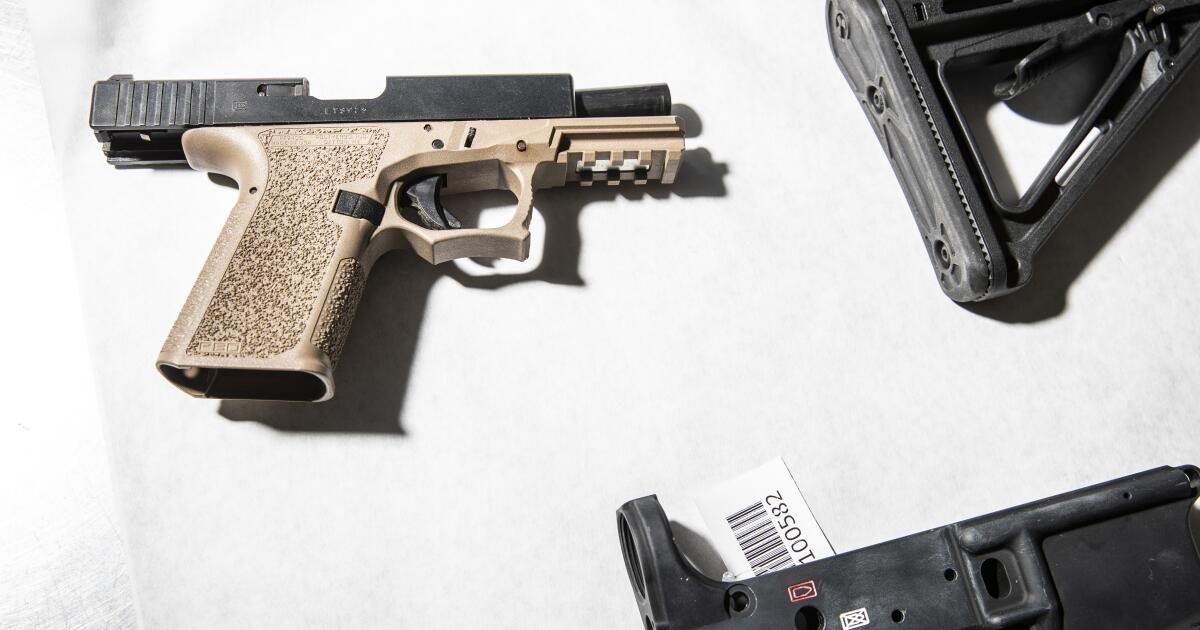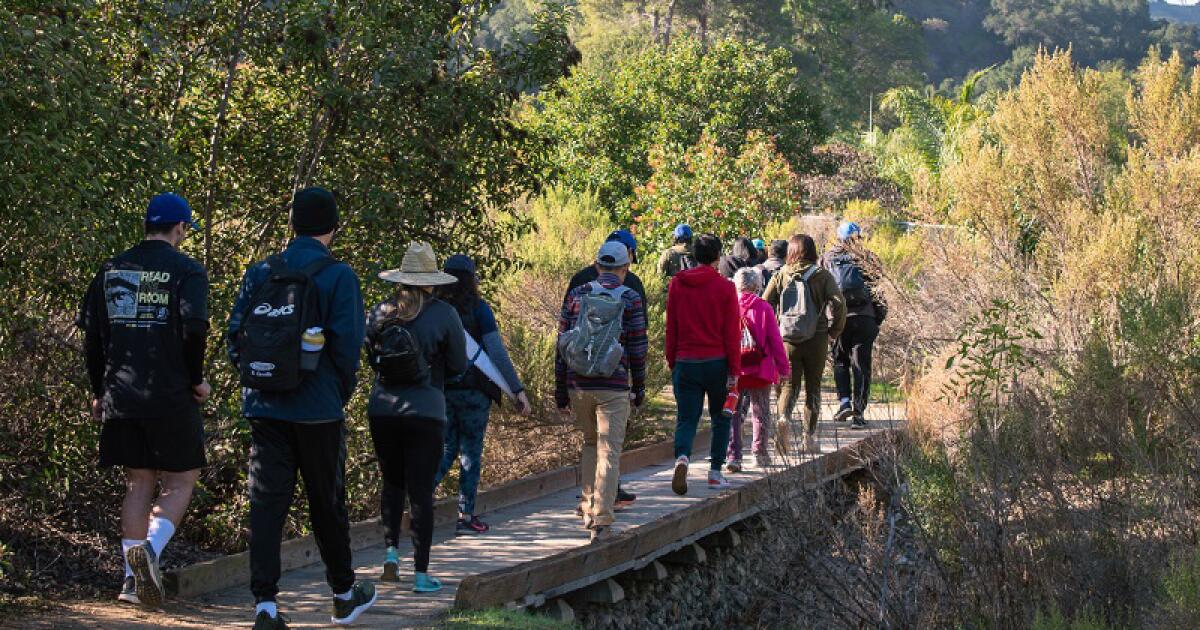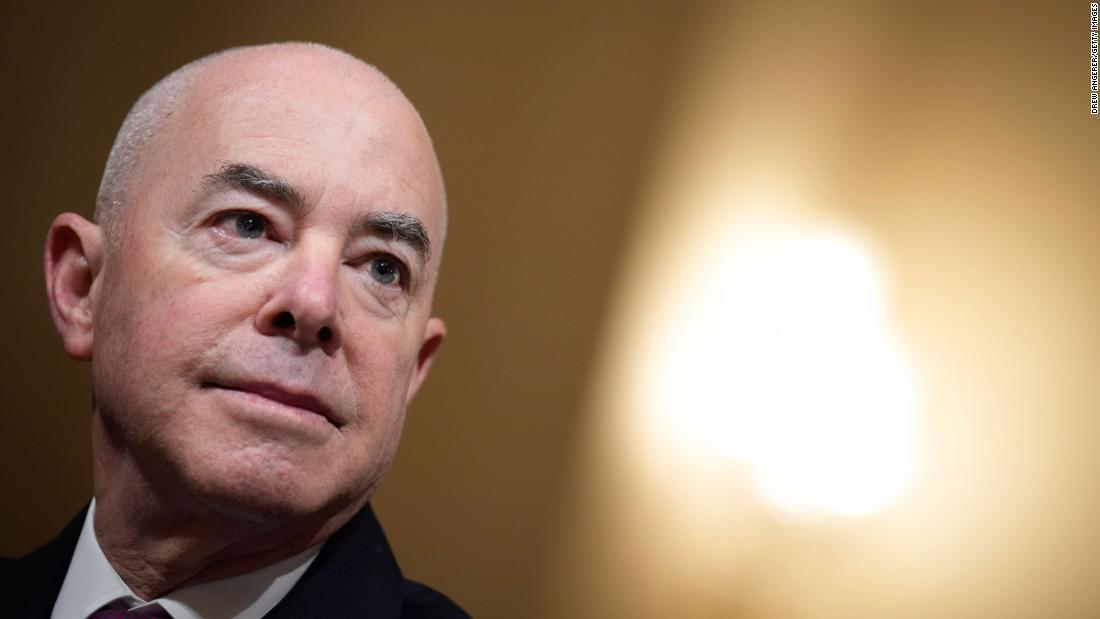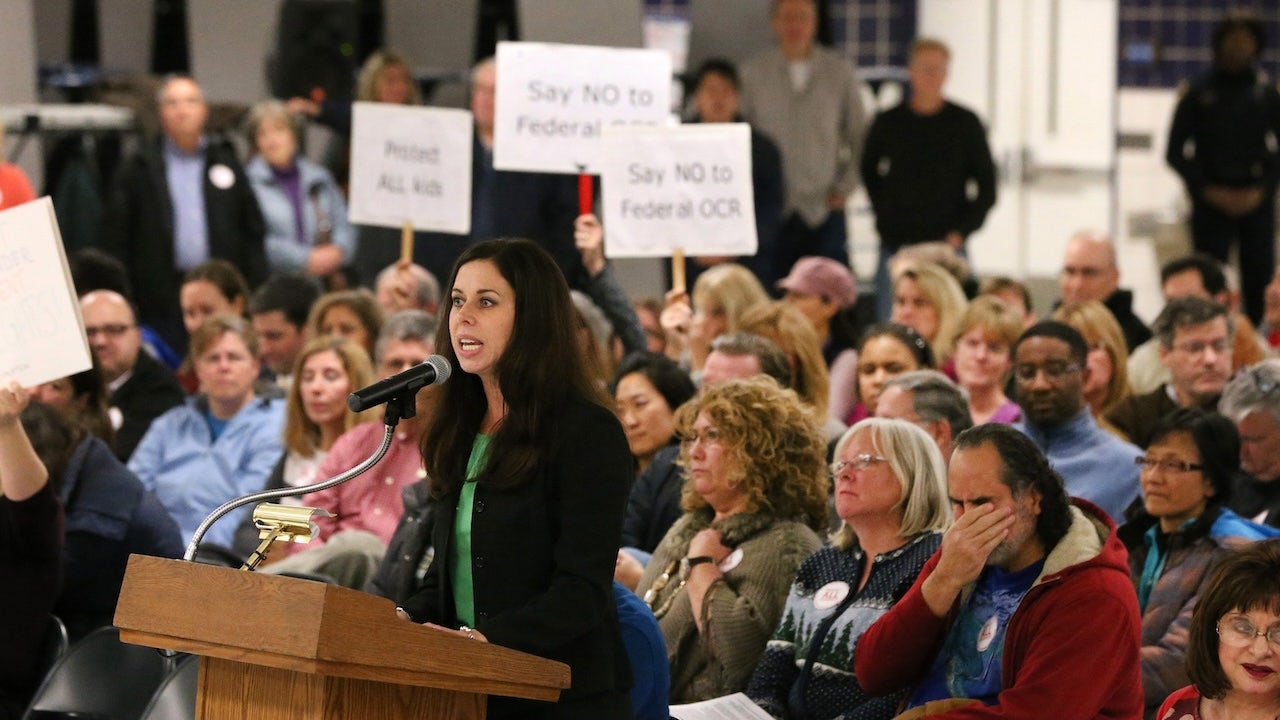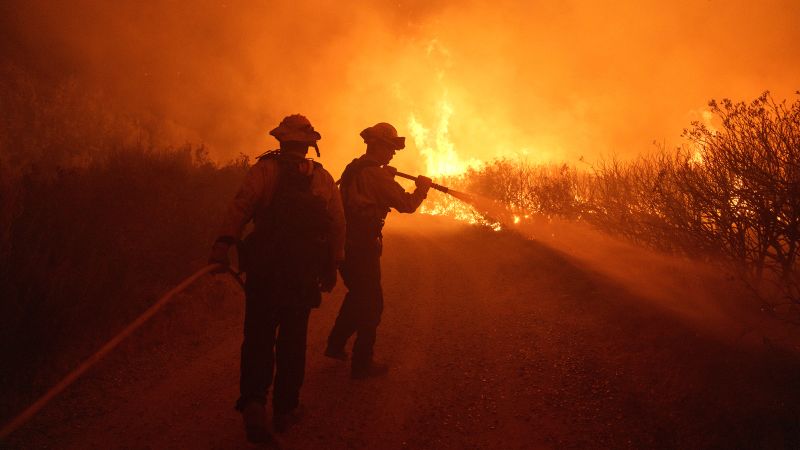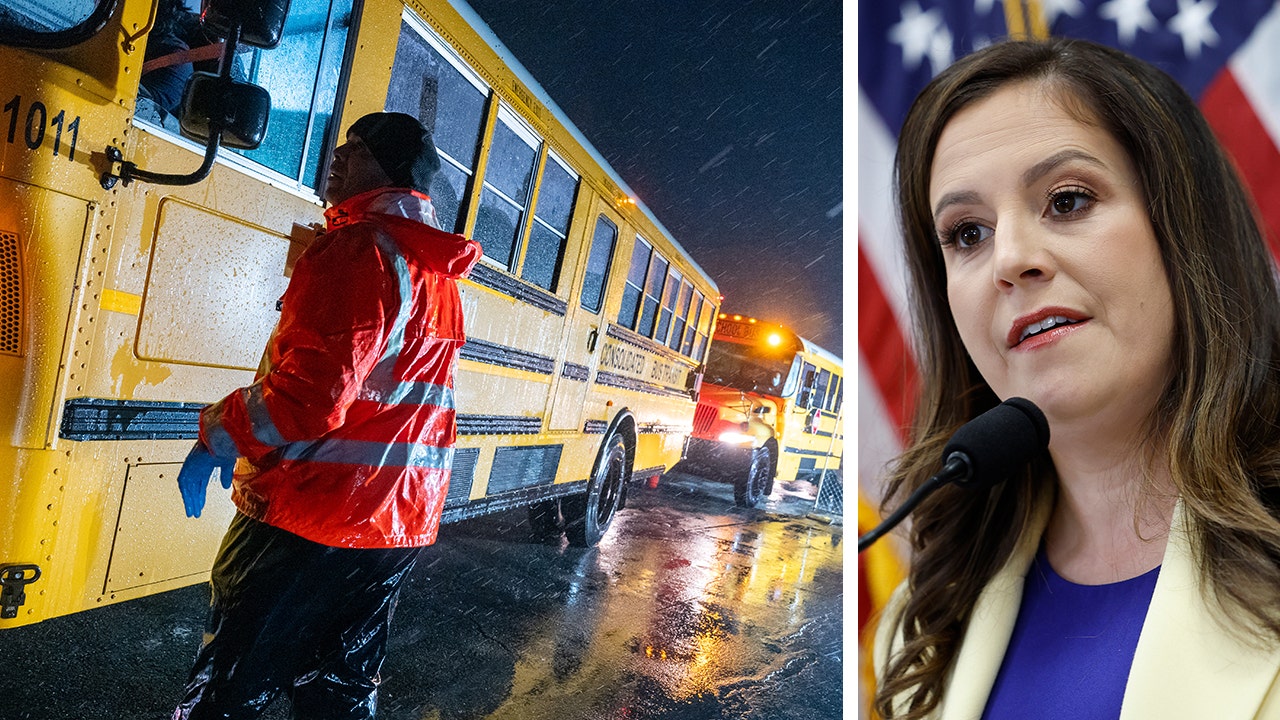California can enforce its recent gun ban in “sensitive places” such as parks and playgrounds, bars and restaurants that serve alcohol, casinos, stadiums, amusement parks, zoos, libraries, museums, sports facilities and the parking areas associated with them, a federal appeals court ruled Friday.
However, the state cannot impose similar restrictions on hospitals or other medical facilities, on public transportation, at places of worship or financial institutions, or in parking areas associated with or shared by those places, the three-judge panel of the 9th U.S. Circuit Court of Appeals ruled.
The panel also ruled that it cannot enforce its ban on guns at all events that require a permit, or on visitors carrying guns on any private property where the owner has not posted signs explicitly allowing it.
The appeals panel — which simultaneously issued similar findings related to Hawaii laws — issued its ruling in response to sweeping injunctions from lower courts that had blocked the bans from taking effect amid ongoing litigation over the laws.
The panel noted that some places where it rejected state bans, such as banks and churches, could still prohibit visitors from carrying guns based on existing property laws, but state governments could not do so unilaterally and universally in their case. It said private property owners are also free to ban firearms on their property.
“Where we find that states are unlikely to be able to prohibit the carrying of firearms, the practical effect of our ruling is simply that private property owners may choose to permit the carrying of firearms,” Circuit Judge Susan P. Graber wrote for the panel. “Owners of hospitals, banks, and churches, for example, remain free to prohibit firearms in those places.”
Gov. Gavin Newsom declared partial victory and said the state would continue to fight to reduce gun violence.
“We refuse to accept shootings at schools, parks and concerts as a normal part of life. While we fought for the court to go further, today’s ruling affirms our state’s authority to limit guns in many public places,” Newsom said in a statement. “California will continue to take action to protect our residents and defend our nation-leading gun laws that save lives from an extremist gun lobby and politicians in their pockets.”
Gun advocates also characterized the ruling as a partial victory.
“This partially favorable decision by the Ninth Circuit shows how far we have come in the past decade. But this case, and our work to restore gun rights, is far from over,” said Brandon Combs, president of the Firearms Policy Coalition, which helped bring the challenge to the laws. “The FPC will continue to fight until all peaceful people can fully exercise their right to bear arms in California and across the United States.”
Graber, a Clinton appointee, was joined in the decision by Circuit Judge Mary M. Schroeder, a President Carter appointee, and Circuit Judge Jennifer Sung, a President Biden appointee.
The ruling was the latest to apply the historical test for gun laws established in 2022 by the U.S. Supreme Court in New York State Rifle & Pistol Assn. v. Bruen. There, the high court said gun laws are legitimate only if they are rooted in the nation’s history and tradition or sufficiently analogous to some historical law.
Graber's opinion looked at a number of landmark laws to determine whether lower court orders blocking many of the states' sensitive gun bans should stand or be reversed based on historical precedent.
In doing so, the ruling divided public places into those where guns can be banned, such as parks, and those where they cannot be banned due to a lack of similar restrictions in the past, such as places of worship.
That partition highlighted a reality under Bruen’s “history and tradition” test that gun control advocates have denounced as absurd: that it prevents leaders from crafting modern gun laws to address the modern realities of gun violence, such as mass shootings at places of worship.
Billy Clark, a senior trial attorney at the gun control advocacy group Giffords Law Center, said the decision “further illustrates that it is constitutional to keep guns out of sensitive locations,” but is also more evidence of the “chaos” in Second Amendment law caused by the Bruen decision.
Janet Carter, senior director of issues and appeals at the gun control group Everytown Law, said her group did not agree with every aspect of the decision but still found it “encouraging.”
“Keeping guns out of sensitive locations is common sense and these laws are crucial to keeping our communities safe from gun violence,” Carter said.
Adam Kraut, executive director of the gun rights group Second Amendment Foundation, said the expansion of “sensitive locations” in California where guns are banned “goes beyond what the Supreme Court contemplated when it mentioned them in Bruen,” and said his group would continue to fight such bans in court.

